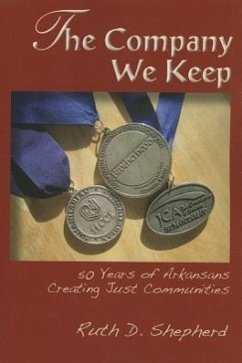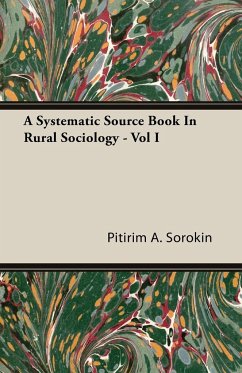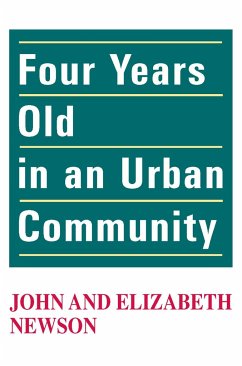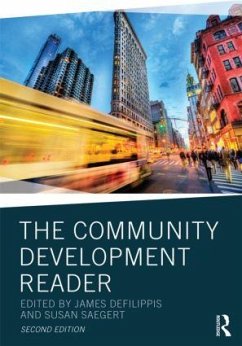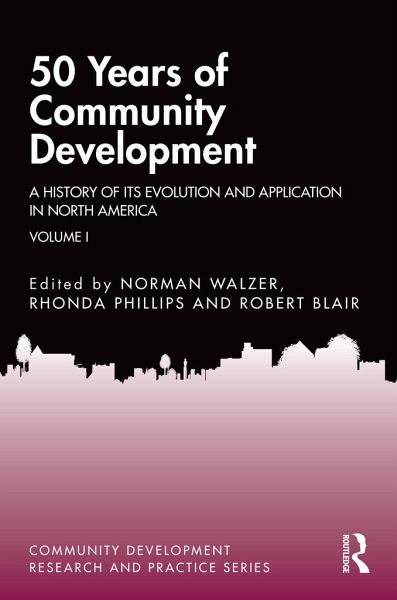
50 Years of Community Development Vol I
A History of its Evolution and Application in North America
Herausgeber: Walzer, Norman; Blair, Robert; Phillips, Rhonda

PAYBACK Punkte
88 °P sammeln!
This 50th anniversary publication provides a comprehensive history of community development over the past 50 years. The editors have placed the chapters in major themed areas or issues pertinent to both research and practice of community development.








